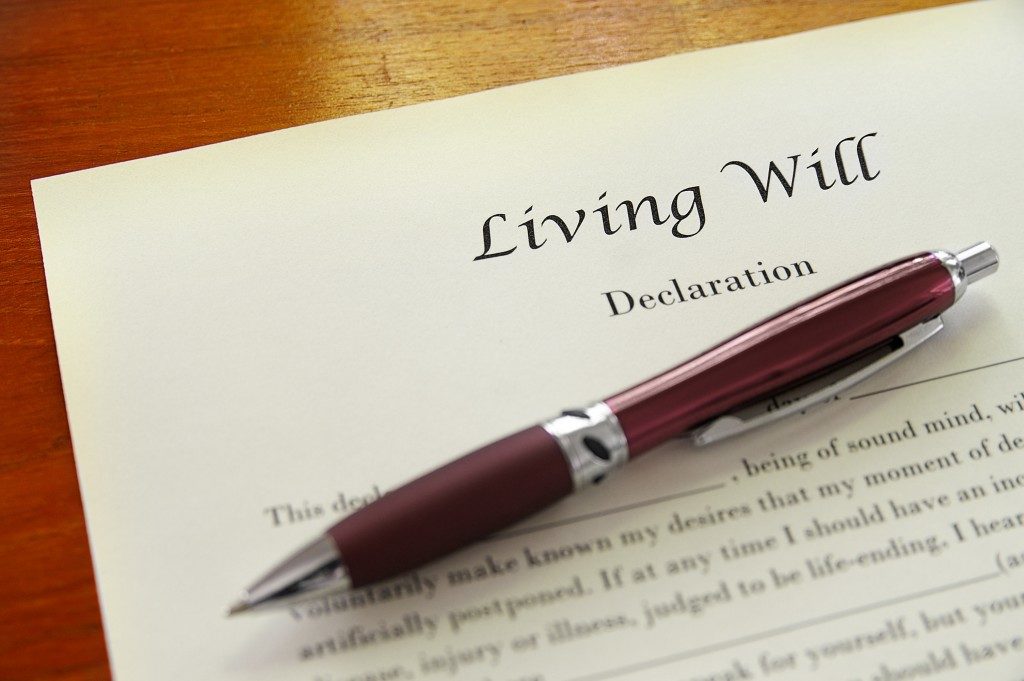There is no easy way to deal with the death of a loved one. People react in different ways when they receive news about the death of a family member. Some experience delayed shock after being calm and composed at first; some become overwhelmed and feel helpless.
When a person dies, those left behind are left with the question on what to do next. And this task of making decisions regarding the funeral and burial can bring emotional turmoil to the family. One way this emotional and financial burden can be eliminated is by having a pre-planned funeral. Pre-paid funerals in the UK also make sure that the wishes of the deceased are carried out.
Here is a step-by-step guide on the steps to take when someone in the family passes on.
Registering the Death
As soon as possible, the kin must be able to secure a medical certificate, register the death and arrange for the funeral. Getting the medical certificate can be done almost immediately, but if a coroner’s inquest is at hand, it will be issued after. The certificate may also be issued by the hospital if the person died in the hospital, or by a doctor if the person died at home.
Registration should be done within five days after the person died. Documents needed apart from the medical certificate are the birth certificate, marriage certificate, insurance number, NHS medical card, driver’s license, passport and other identification.
Arranging the Funeral
After registering the death, the funeral must be arranged. Some families coordinate with a funeral director for this, but it is also possible for the family to arrange this. If there is a pre-paid funeral plan, it will be easier to turn over the arrangement to the service provider, which will follow all details according to the wishes of the deceased.
Notifying the Government and Other Agencies
In the following weeks after the person’s death, the kin should begin informing different institutions. The death certificate will be needed to notify government departments such as the Department for Work and Pensions, Driver and Vehicle Licensing Agency, and HM Revenue and Customs. The family may use the ‘Tell Us Once’ feature to notify various government agencies at the same time.
If the person was renting a property, the landlord should also be informed so that the bills will be transferred to the nearest kin. Other organisations that need to be informed are the mortgage provider, housing office, utility providers and employers.
Informing Insurers and Creditors

Insurance companies, banks, credit card companies, pension providers and all other companies that had owed money to the deceased or whom he owes money to should be notified, as well. The family will be able to get claims from the insurer and pension providers, but if the deceased has any outstanding debt from creditors, the family might be required to pay this. If the deceased had prepared a will, it will be easier for the family to sort the financial affairs.
Getting Bereavement Support
Lastly, the family may inquire from various agencies regarding bereavement support. Spouses and civil partners may be eligible for bereavement support payment and a Guardian’s Allowance may be provided if a person will be bringing up kids whose parents have died.
Even in death, there are legal aspects and formalities that must be dealt with in order to make a person’s passing official and on record.


